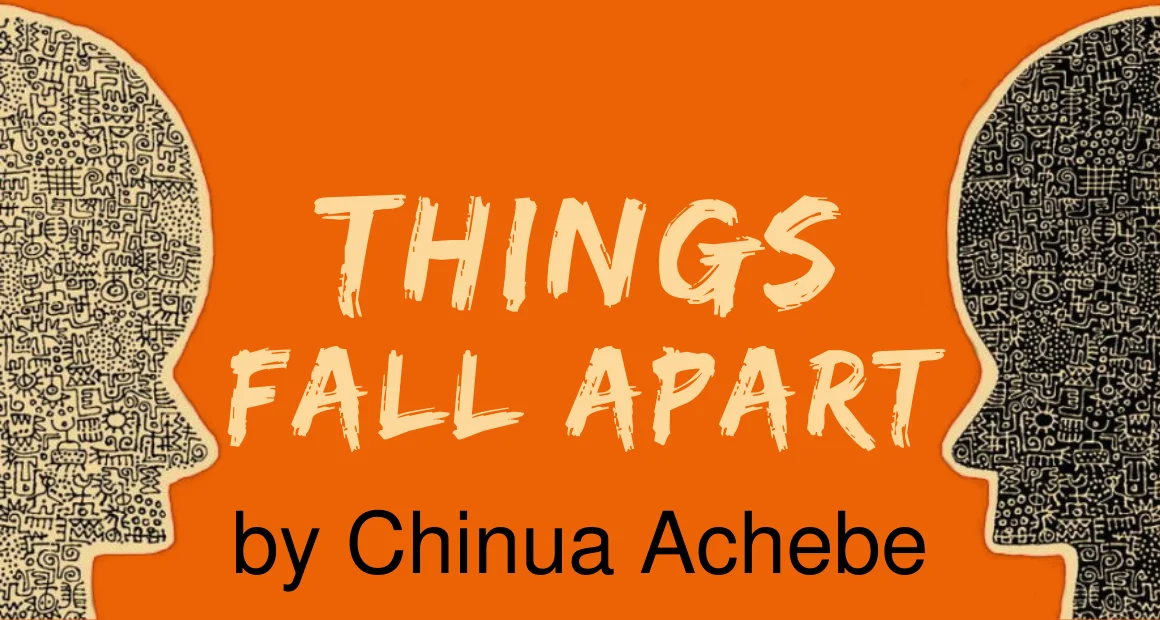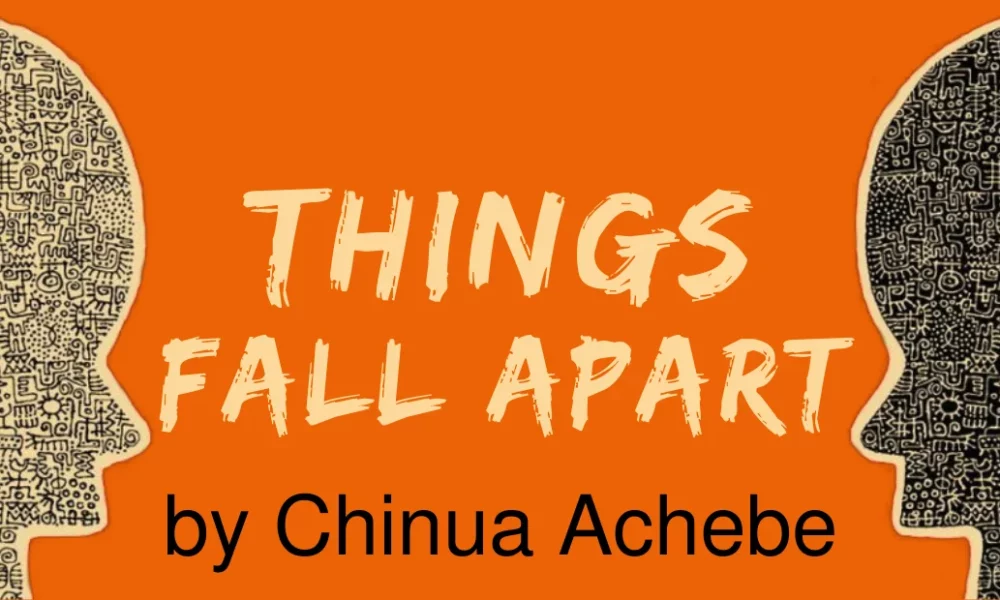
when it turned the speak of the city on the Nigerian social media group kind reported that Chinua Achebe’s Issues Fall Aside — a guide typically thought-about the inspiration of contemporary African literature — is being tailored into a movie, with the novel’s protagonist Okonkwo starring Idris Elba. When Nigerians realized that what they believed was being taken away from them, they had been fast to criticize the choice.
The controversy began with some arguing over Idris Elba’s {qualifications} to play the function of Okonkwo, a personality that represents and embodies a key facet of Nigeria’s pre-colonial and colonial period, when Nigeria had some excellent (Igbo) actors can carry out characters with eccentricities. Others have made disgraceful remarks in regards to the Nollywood business’s perpetuation of this necessary undertaking. They imagine Nollywood ought to adapt the guide.
A number of filmmakers, e.g. Editor EfenThe producer of “Black E book” explains why Nollywood can’t but afford to adapt the unique novel. “A single Class A attachment prices $5 million. Manufacturing prices are most likely $30-50 million. No quantity of nice scripts and nice actors can overcome the monetary disparity,” Editi wrote on Twitter. Nonetheless, some, like Favor, insist that the actors within the adaptation of the guide needs to be Igbo, no matter whether or not the finances is justified, although David OyelowoThe son of a Yoruba father and an Igbo mom, he’s Nigerian and a part of the manufacturing staff.
Whereas it is necessary as an individual to be shocked or rightly criticize the choice, we fail to see the underlying construction that’s lacking from our system. I had beforehand assumed that some conversations ought to have been occurring for a very long time earlier than they surfaced. Chinua Achebe’s good novel was printed in 1958 (earlier than Nigeria’s independence), so why did we solely understand it was worthy of a movie adaptation? Why should worldwide establishments be the place to begin for a dialog we’re lengthy overdue? We do that each time a Nigerian artist fails to win on the worldwide stage. We realized that Headies and AMVCA needs to be sufficient and never pander to worldwide awards simply because Nigerian nominated artists didn’t win. However why ought to the worldwide stage be the place to begin for our necessary conversations?
Along with the lengthy overdue dialogue, a number of Nigerian movies have additionally been tailored into books, how engaged are we with them? 2021, Kunle Afolayan Launched “Swallow” Sefi Atta‘s guide “Swallow”. Sefi Atta wrote the tailored screenplay herself. Presently, the movie’s ranking is 4.1/10. We act like Nollywood has by no means tried adapting books into films, however once they do, the response just isn’t that nice. I perceive that every guide adaptation touches on a unique context, however to say shameful issues about Nollywood is unfair to an business that has great and thrilling filmmakers.
As an alternative of debating whether or not Idris Elba ought to play Okwonkwo (an argument that is legitimate, by the way in which), we are able to give attention to extra urgent questions, like how we strengthen the system and our business. How can all of us contribute? First, we should transfer away from our obsession with worldwide recognition and switch our energies towards strengthening our movie business. As a result of funding in filmmakers, actors and writers should come from inside if we’re to actually personal and inform our tales. This doesn’t imply worldwide collaboration needs to be shunned, however we should cease ready for out of doors forces to resolve when and the way our tales deserve consideration.
The dialog ought to begin with how we construct and fund Nollywood and different industries. Nollywood wants monetary ammunition to outlive. It wants infrastructure to compete with rivals like Hollywood or Bollywood. We want long-term monetary assist and everybody’s dedication to realize our requirements of excellence. Solely then will we cease asking why others inform our tales or deny us the awards we deserve, and begin constructing and telling them ourselves.

